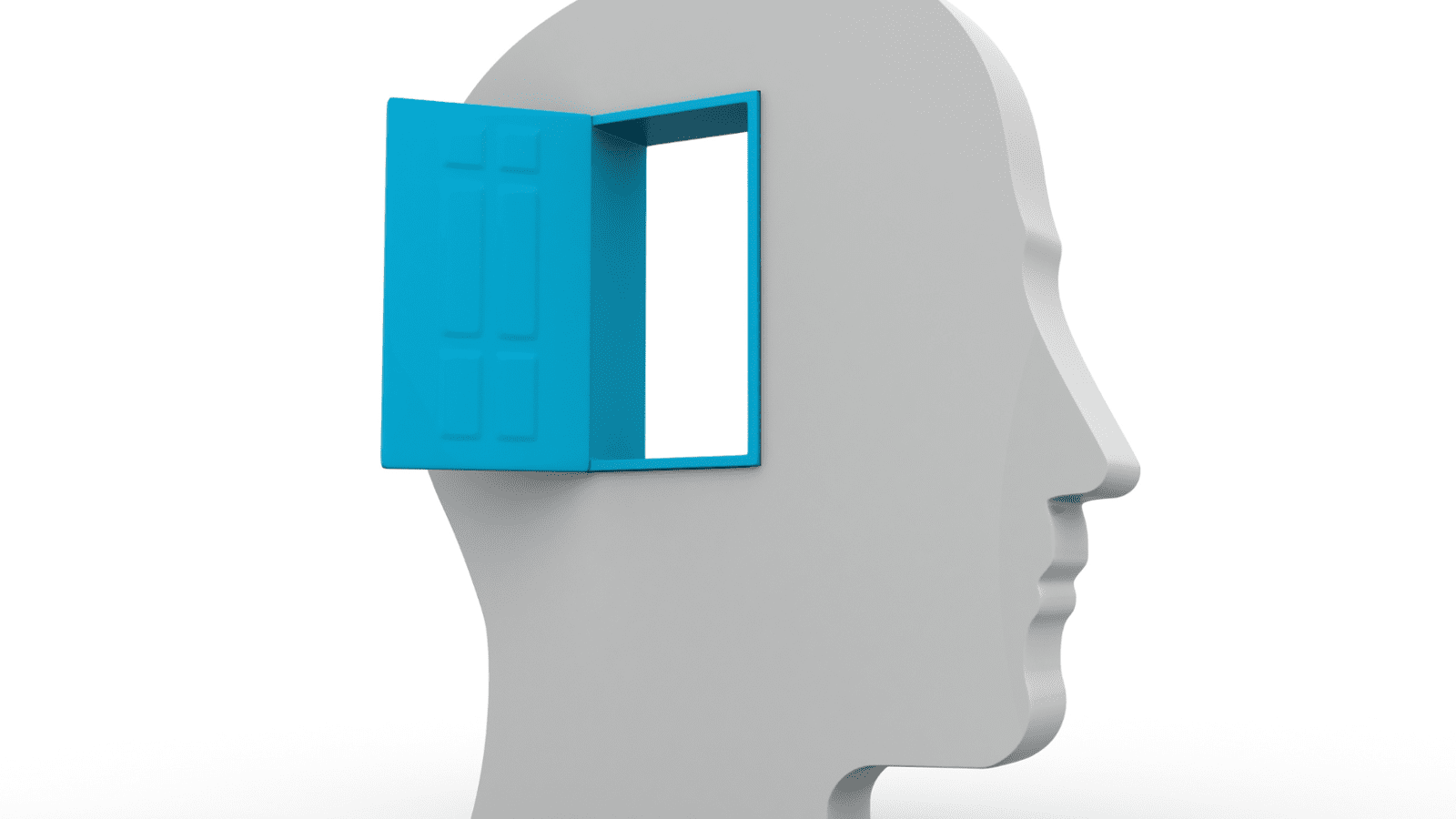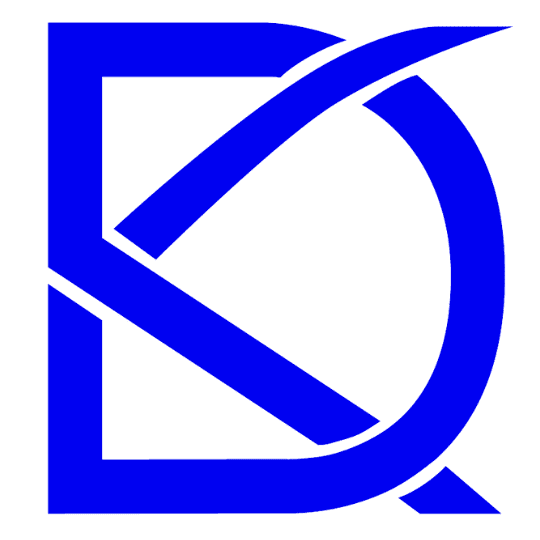
Sir Francis Bacon is credited with the phrase "knowledge is power." In our pursuit of knowledge, we often come across situations where we think we understand something, but in reality, our understanding is just surface-level. We believe that we know a particular topic, and this belief blinds us from learning more. This dichotomy between understanding and believing that we understand is something that hinders our growth and development.

The dichotomy between understanding and believing that we understand is something that hinders our growth and development.
As human beings, we have a natural bias to over confidence in what we know. Our desire to have control over our lives often leads us to believe that we understand everything around us. It's easy to think of knowledge as power, and power as safety. However, this belief is often misguided, and it prevents us from truly expanding our knowledge and understanding of the world. One of the issues with thinking that we understand something is that it can prevent us from asking questions. When we believe that we already know something, we are less likely to seek out additional information or to question our understanding. This lack of curiosity and unwillingness to learn can hinder our progress and prevent us from gaining a deep understanding of complex issues.

When we believe that we already know something, we are less likely to seek out additional information or to question our understanding
Moreover, believing that we understand something can also lead to over confidence. We may become so convinced of our own knowledge that we stop listening to others or accepting new ideas. This can lead to a lack of collaboration and a stagnant environment where new ideas are not welcomed. On the other hand, when we acknowledge that we do not fully understand something, we become more open-minded and willing to learn. The people we live and work with meet this openness with their ideas and perspectives, and everyone grows through the process. This admission of not knowing everything can lead to a greater willingness to ask questions and seek out new information. We are more likely to collaborate with others and be receptive to their ideas, leading to a more dynamic life both at work and at home.

When we acknowledge that we do not fully understand something, we become more open-minded and willing to learn
It is important to differentiate real understanding from the illusion of understanding. Real understanding involves a deep knowledge and comprehension of a subject, whereas believing that we understand involves a surface-level understanding that may not be accurate or complete. To truly understand something, we must be willing to challenge our assumptions and seek out new information. We must be willing to admit when we do not know something and be open to new perspectives. This willingness to learn and grow is what separates those who seek to truly understand from those who simply want to believe that they do.
The dichotomy between real understanding and believing that we understand is an aspect of human nature, something that we must be aware of in our pursuit of knowledge. The belief that we know can limit our relations with others and prevent us from truly expanding our knowledge and understanding of the world. It is essential to differentiate between real understanding and the illusion of understanding and stay open to new ideas, perspectives, and knowledge. Only then can we truly grow and develop as individuals, teams, organizations, and community.

